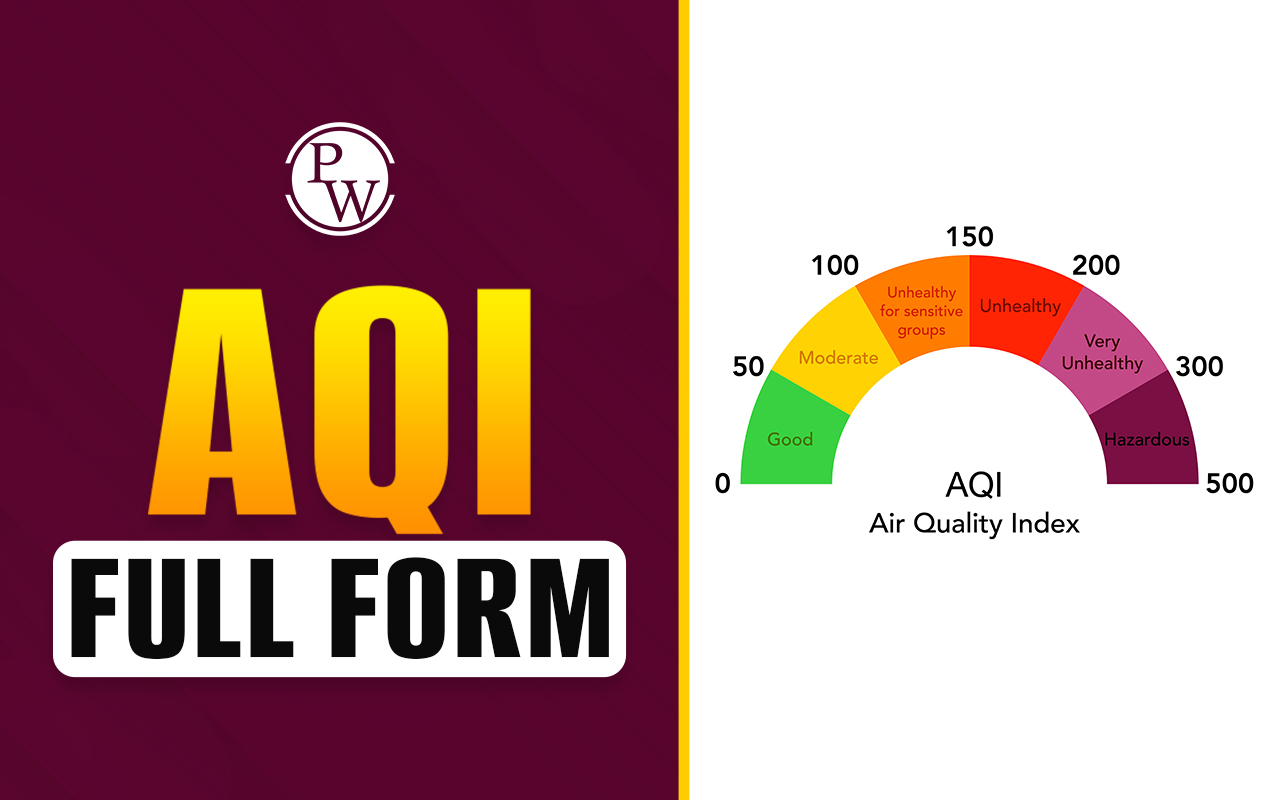
CNG full form is Compressed Natural Gas, is a clean and sustainable alternative to petrol and diesel. Because of its low cost and little effect on the environment, it is widely used in cars, industries, and some households. In cities where air pollution is a problem, CNG-powered vehicles are preferred because they produce fewer harmful pollutants.
Governments actively promote CNG for public transport, including buses and taxis, to support sustainable development. In academics, CNG is an important concept in automobile engineering, chemistry, and environmental studies, where students learn about its composition, benefits, and applications. Overall, CNG is an efficient, economical, and environmentally safe fuel.
What is CNG Full Form?
CNG full form is Compressed Natural Gas. CNG is a fuel made by compressing natural gas to less than 1% of its volume at standard atmospheric pressure. It is a clean, environmentally friendly fuel that is widely used in automobiles to lower harmful emissions and save money on fuel.
|
Breakdown of CNG Full Form |
|
|---|---|
|
C |
Compressed |
|
N |
Natural |
|
G |
Gas |
Meaning of Each Letter in CNG
The meaning of each letter in CNG full form is given below:
-
C – Compressed: Gas is compressed to high pressure for efficient storage and transport.
-
N – Natural: Made from hydrocarbons that are found naturally on Earth.
-
G – Gas: Refers to the gaseous state that is utilised for combustion in industrial operations and motors.
Did You Know?
Delhi has one of the largest fleets of CNG buses in the world, helping reduce air pollution in the city.
History of CNG
Since the 19th century, people have used natural gas, primarily for street and home lighting. The idea of compressing it to make it easier to store and use came later. Some European nations began testing CNG in automobiles in the 1940s when World War II caused fuel shortages. Countries like Argentina and Italy began promoting CNG as a cleaner alternative to petrol and diesel by the 1960s and 1970s.
As air pollution became a major issue in the 1980s and 1990s, CNG was adopted for transportation in many cities worldwide. Countries like China, India, Pakistan, and Brazil promoted CNG for buses and taxis starting in the 2000s. CNG has become known as a safe, inexpensive, and clean fuel on a global scale.
Did You Know?
In India, auto-rickshaws and taxis in metro cities are mostly powered by CNG to keep pollution levels under control.
Uses of CNG
Compressed natural gas, or CNG, is widely used due to its low cost, safety, and benefits for the environment. It provides reliable power for many industries while lowering pollution. CNG uses are given in the table below:
|
Uses of CNG |
|
|---|---|
|
Sector |
Use of CNG |
|
Transportation |
Fuel for cars, buses, autos, and trucks as a cleaner alternative to petrol/diesel |
|
Household |
Used for cooking through piped natural gas (PNG) connections |
|
Industries |
Powers boilers, furnaces, and other heating equipment in factories |
|
Power Generation |
Used in gas turbines to produce electricity in power plants |
|
Commercial Sector |
Restaurants, hotels, and hospitals use CNG/PNG for cooking and heating. |
Examples of CNG in Use
To better understand the significance of CNG, let's look at specific uses in automobiles and public transportation that lower pollution and save money.
Example 1:
Scenario: A car uses CNG instead of petrol.
-
Step 1: CNG is stored in a high-pressure cylinder.
-
Step 2: The engine converts CNG into mechanical energy.
Answer: The car runs efficiently with reduced emissions.
Example 2:
Scenario: City buses switch from diesel to CNG.
-
Step 1: Bus tanks are filled with compressed natural gas.
-
Step 2: Engines combust CNG to produce energy.
Answer: Emissions decrease, operational costs reduce, and air quality improves.
Did You Know?
Argentina and Pakistan are among the top countries with the largest number of CNG-powered vehicles.
Properties of CNG
CNG (Compressed Natural Gas) has unique properties that make it a safe and useful fuel. Some important properties include:
-
Colorless and Odorless: Pure CNG has no color or smell, but a strong-smelling chemical (odorant) is added for safety so leaks can be detected.
-
Lighter than Air: CNG is less dense than air, so it rises and disperses quickly in case of leakage, reducing fire risks.
-
High Octane Number: It has a high octane rating, which makes engines run smoothly and efficiently.
-
Non-Toxic: CNG is not poisonous, which makes it safer to handle compared to some liquid fuels.
-
Eco-Friendly: It produces fewer harmful gases like carbon monoxide, nitrogen oxides, and particulate matter compared to petrol and diesel.
-
Stored at High Pressure: CNG is compressed and stored in strong cylinders at about 200-250 bar pressure.
Did You Know?
Unlike petrol or diesel, CNG does not contaminate groundwater or soil in case of leakage.
Advantages and Disadvantage of Using CNG
Compressed Natural Gas (CNG) is becoming a popular fuel choice due to its eco-friendly and cost-saving benefits. However, like any other fuel, it comes with both advantages and limitations. Below is a comparison of the main advantages of using CNG and the disadvantages of using CNG:
|
Advantages and Disadvantages of Using CNG |
|
|---|---|
|
Advantages of CNG |
Disadvantages of CNG |
|
Burns cleaner than petrol and diesel, producing less smoke and harmful gases. |
Requires larger storage tanks, which take up extra space in vehicles |
|
Cheaper than petrol and diesel, reducing daily travel costs |
CNG refueling stations are fewer compared to petrol/diesel stations |
|
Reduces air pollution, helping improve urban air quality |
Vehicles may have slightly lower power output compared to petrol/diesel. |
|
Safer to use because CNG is lighter than air and disperses quickly in case of leaks |
Conversion of vehicles to CNG requires initial investment |
|
Extends the life of engines due to cleaner combustion |
Not ideal for long-distance travel in areas with limited CNG availability |
Did You Know?
The first CNG-powered vehicle in India was introduced in Delhi in the late 1990s to fight severe air pollution.
CNG Full Form in Hindi
CNG का फुल फॉर्म कंप्रेस्ड नेचुरल गैस (Compressed Natural Gas) है। यह एक प्राकृतिक गैस है जिसे उच्च दबाव पर संपीड़ित किया जाता है ताकि इसे सुरक्षित रूप से स्टोर और उपयोग किया जा सके। CNG मुख्य रूप से वाहनों के ईंधन के रूप में इस्तेमाल होता है और यह पेट्रोल व डीज़ल का पर्यावरण के अनुकूल विकल्प है। CNG के उपयोग से वायु प्रदूषण कम होता है और ईंधन की लागत भी घटती है। यह गैस रंगहीन और हल्की होती है, जिससे लीक होने पर जल्दी फैल जाती है, जो इसे सुरक्षित बनाता है।
CNG Full Form FAQs
What is the full form of CNG?
What is CNG gas full form?
What is the full form of CNG in chemistry?
CNG ka full form English me kya hai?
What is CNG full form in Hindi?










